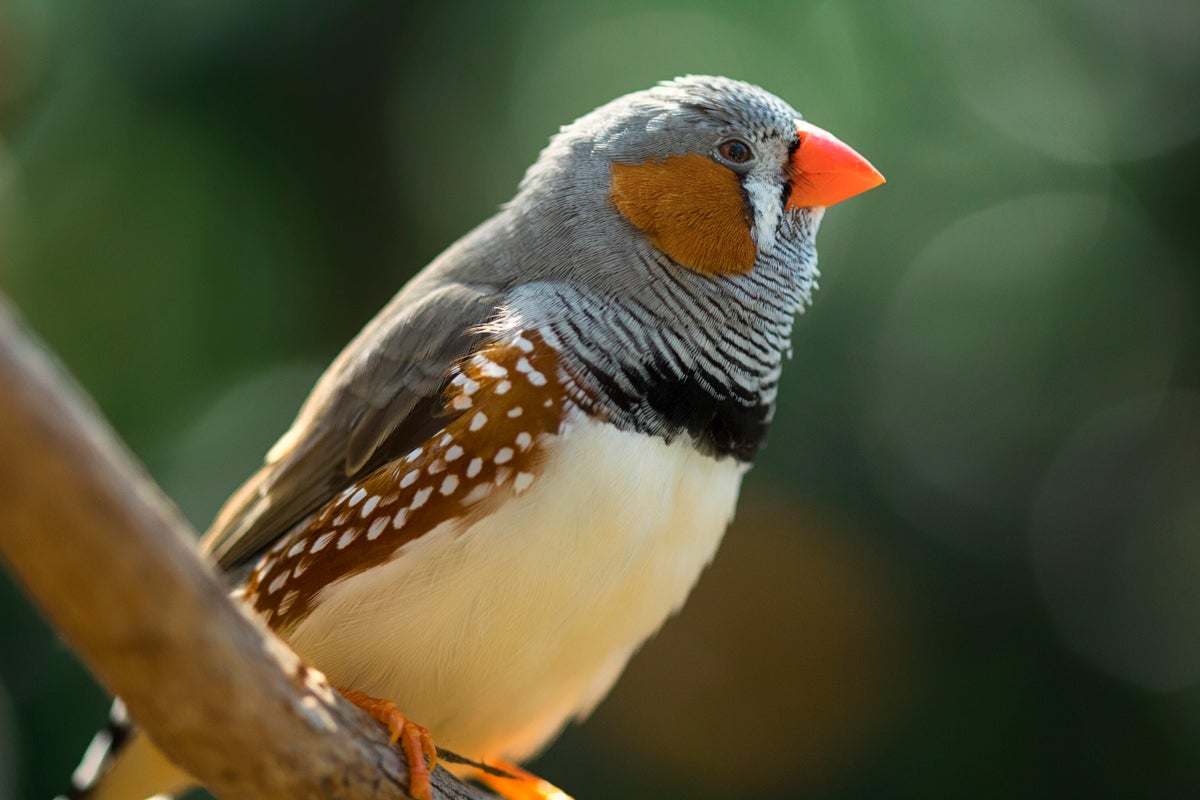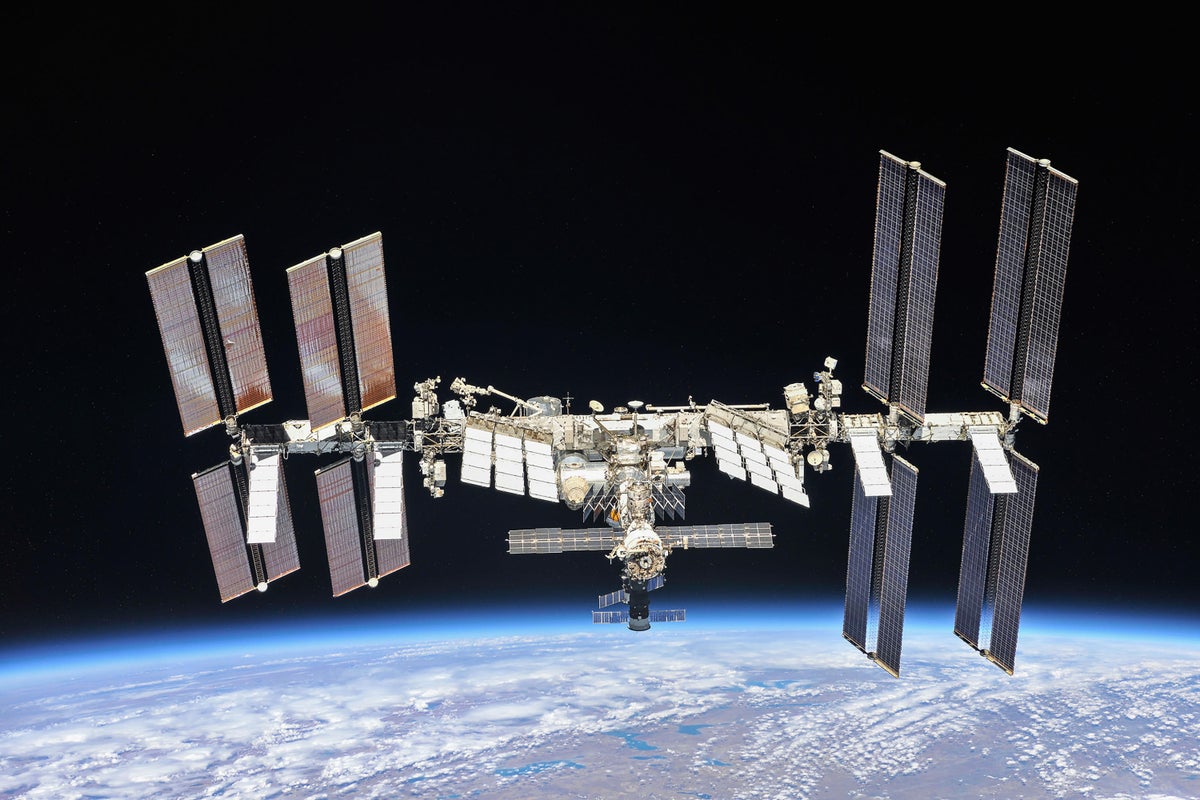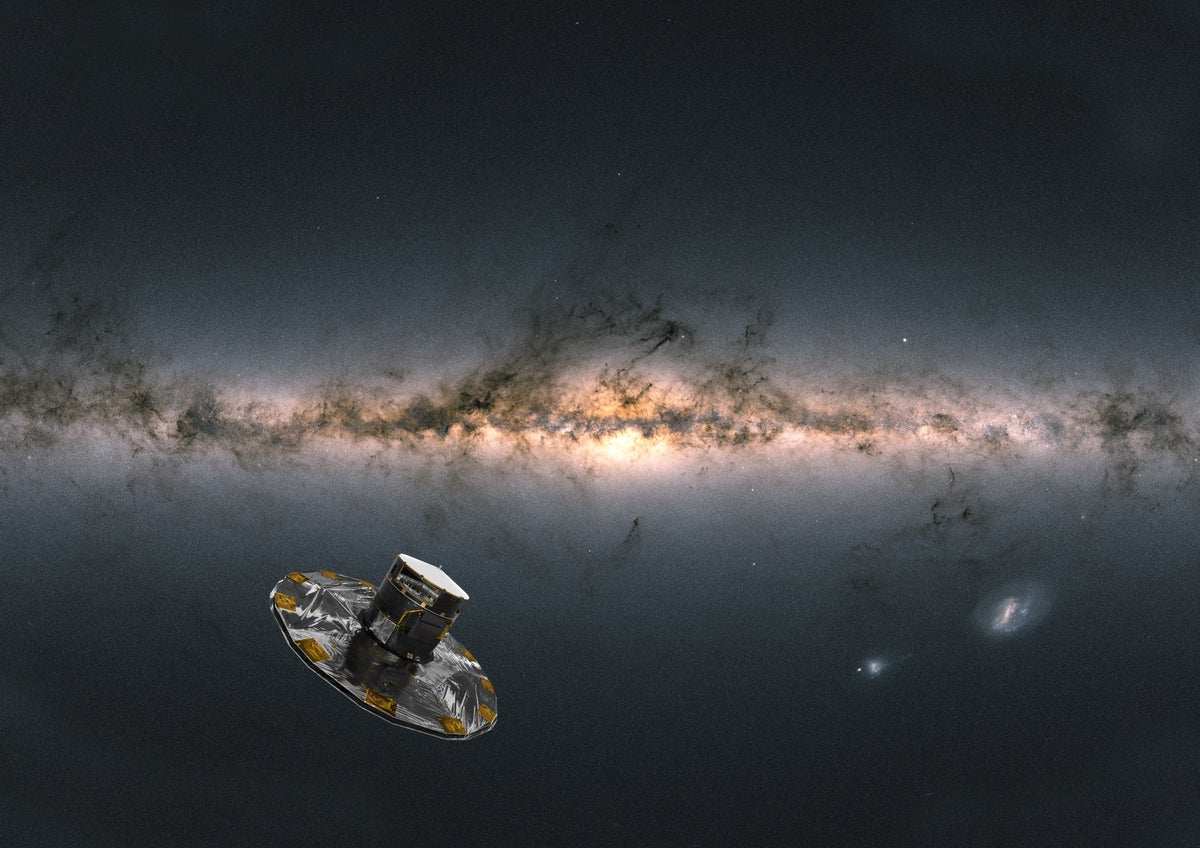Before Erwin Schrödinger’s cat was simultaneously dead and alive, and before pointlike electrons washed like waves through thin slits, a somewhat lesser-known experiment lifted the veil on the bewildering beauty of the quantum world. In 1922, the German physicists Otto Stern and Walther Gerlach demonstrated that the behavior of atoms was governed by rules that… Continue reading The (Often) Overlooked Experiment That Revealed the Quantum World
Tag: Quantum Stuff
‘A-Team’ of Math Proves a Critical Link Between Addition and Sets
The lists have fixed lengths, and each bit can be either 0 or 1. You add them together by adding each entry to its counterpart in another list, with the rule that 1 + 1 = 0. So (0, 1, 1, 1, 0) + (1, 1, 1, 1, 1) = (1, 0, 0, 0, 1).… Continue reading ‘A-Team’ of Math Proves a Critical Link Between Addition and Sets
She Studies How Addiction Hijacks Learning in the Brain
You’re also an advocate for women in science. Where did that drive come from? Nobody in my family had a graduate degree before me. Because my dad’s in sports, there wasn’t a huge emphasis on academics. Then I ended up in a space that — I don’t want to say I had no business being… Continue reading She Studies How Addiction Hijacks Learning in the Brain
PFAS ‘Forever Chemicals’ Found in Freshwater Fish, Yet Most States Don’t Warn Residents
Bill Eisenman has always fished. “Growing up, we ate whatever we caught — catfish, carp, freshwater drum,” he said. “That was the only real source of fish in our diet as a family, and we ate a lot of it.” Today, a branch of the Rouge River runs through Eisenman’s property in a suburb north… Continue reading PFAS ‘Forever Chemicals’ Found in Freshwater Fish, Yet Most States Don’t Warn Residents
Male Songbirds Need Daily Vocal Practice to Woo Females
December 12, 2023 4 min read Birds might sing in the morning because they need a vocal workout By Olivia Ferrari A male zebra finch (Taeniopygia castanotis). Most professional singers agree that practice makes perfect. And now research published in Nature Communications shows that songbirds also rely on a daily vocal workout—if they want to… Continue reading Male Songbirds Need Daily Vocal Practice to Woo Females
Hottest Survivable Temperatures Are Lower Than Expected
CLIMATEWIRE | Death can happen at lower temperatures than an established scientific measure of “heat survivability” indicates, according to new research from Arizona State University. A recent paper published in Nature Communications found that the primary methodology to measure deadly heat — called “wet-bulb global temperature” — is inadequate, resulting in artificially low mortality estimates from extreme heat events. The… Continue reading Hottest Survivable Temperatures Are Lower Than Expected
Extra-Long Blasts Challenge Our Theories of Cosmic Cataclysms
The new observations from Levan, Rastinejad and others clash with this quick and clean image of neutron star mergers. “It doesn’t make any sense to have a 10-second burst from a system that lives only a fraction of a second,” said Ore Gottlieb, a computational astrophysicist at the Flatiron Institute who was not involved with… Continue reading Extra-Long Blasts Challenge Our Theories of Cosmic Cataclysms
Meet Strange Metals: Where Electricity May Flow Without Electrons
After a year of trial and error, Liyang Chen had managed to whittle down a metallic wire into a microscopic strand half the width of an E.coli bacterium — just thin enough to allow a trickle of electric current to pass through. The drips of that current might, Chen hoped, help settle a persistent mystery… Continue reading Meet Strange Metals: Where Electricity May Flow Without Electrons
International Space Station Suffers Leak, But Crew Remains Safe
Space station astronauts were “never in any danger” following a coolant leak Monday (Oct. 9) on a Russian module, NASA officials have said. Toxic ammonia flakes were observed on the International Space Station‘s (ISS) Russian Nauka Multipurpose Laboratory Module (MLM) around 1 p.m. EDT (1700 GMT). Personnel in NASA‘s Mission Control in Houston first spotted the “possible”… Continue reading International Space Station Suffers Leak, But Crew Remains Safe
The Milky Way May Be Missing a Trillion Suns’ Worth of Mass
There’s something strange going on with the Milky Way. Recent measurements suggest that stars at the outskirts of our galaxy are misbehaving. They’re traveling far slower than similarly situated stars in other galaxies. One possible explanation for the Milky Way’s stellar slowpokes is that our galaxy is extraordinarily deficient in dark matter, the invisible substance… Continue reading The Milky Way May Be Missing a Trillion Suns’ Worth of Mass




